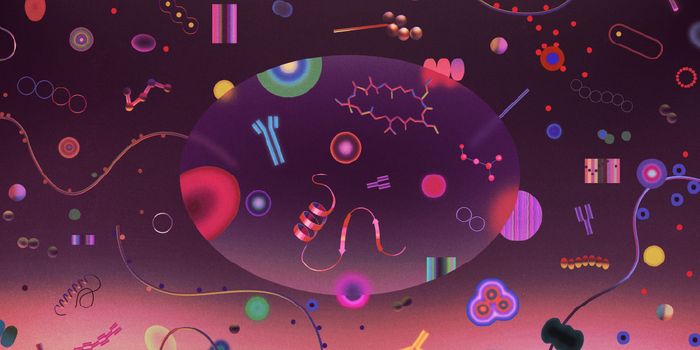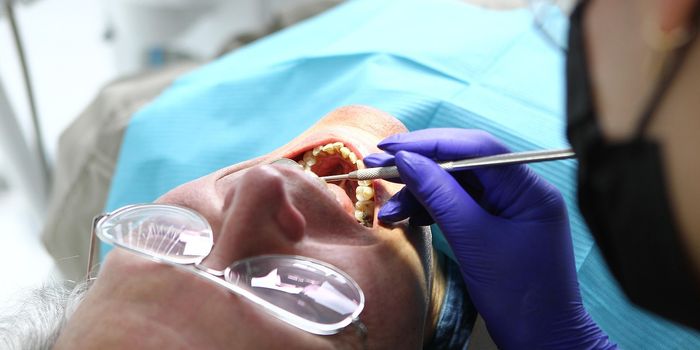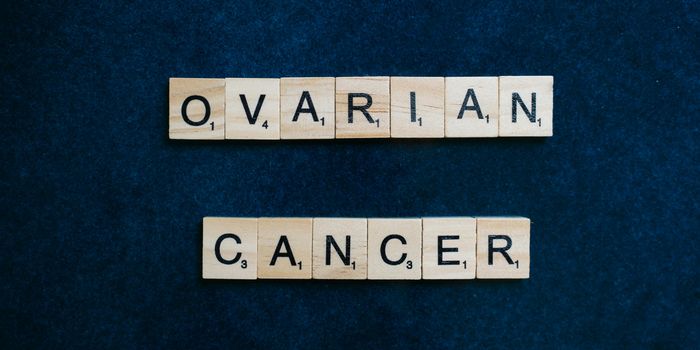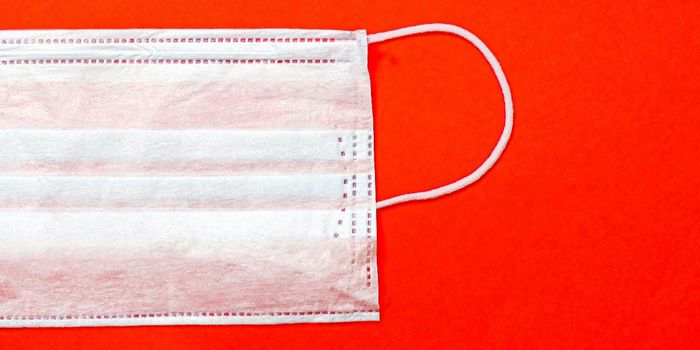From Ancient Leaves to Modern Stroke Care: The Next Stage for Ginkgo
In the ever-evolving landscape of medical research, a recent clinical trial has cast a spotlight on a potential breakthrough in stroke treatment. The question is: Can ginkgo diterpene lactone meglumine (GDLM) enhance the recovery of patients grappling with acute ischemic stroke (AIS)?
Previous studies have tackled this issue, but their small number of participants and absence of placebo controls left gaps in understanding. Now, the results of a new clinical trial have graced the pages of the venerable Journal of the American Medical Association (NCT02526225).
The large fan-shaped leaves of the ginkgo tree have been used medicinally for centuries. While not approved by the FDA, it is used today for neurological and vascular conditions such as dementia, cardiovascular disease, and sexual dysfunction. It's thought the plant's phytochemicals offer antioxidant and anti-platelet benefits.
This clinical trial tested the potential neuroprotective prowess of GDLM in the context of ischemic stroke. The medical scientists' rigorous and scientific approach ensured that their evidence could bolster the promising AIS treatment.
In a collaboration between 100 centers in China, 3448 individuals were randomized into the clinical trial. All participants were within a crucial 48-hour window of the onset of AIS symptoms. These individuals were subjected to injections of either GDLM or placebo and observed over 14 days.
Using the Rankin Scale to capture the spectrum of stroke impact and recovery progress at the 90-day mark, the scientists found that the GDLM group achieved an astounding 50.8% favorable outcome. In comparison, the placebo group trailed slightly at 44.1%. Adverse events were equally balanced across both groups.
While slight, this difference is enough to alter future treatment strategies. In the pursuit of understanding AIS treatment, this study showed that the effects of GDLM are potent enough to stand up to rigorous scientific investigations. In the future, injecting phytopharmaceutical GDLM might become a mainstay for those who experience AIS.
Sources: JAMA Network Open









